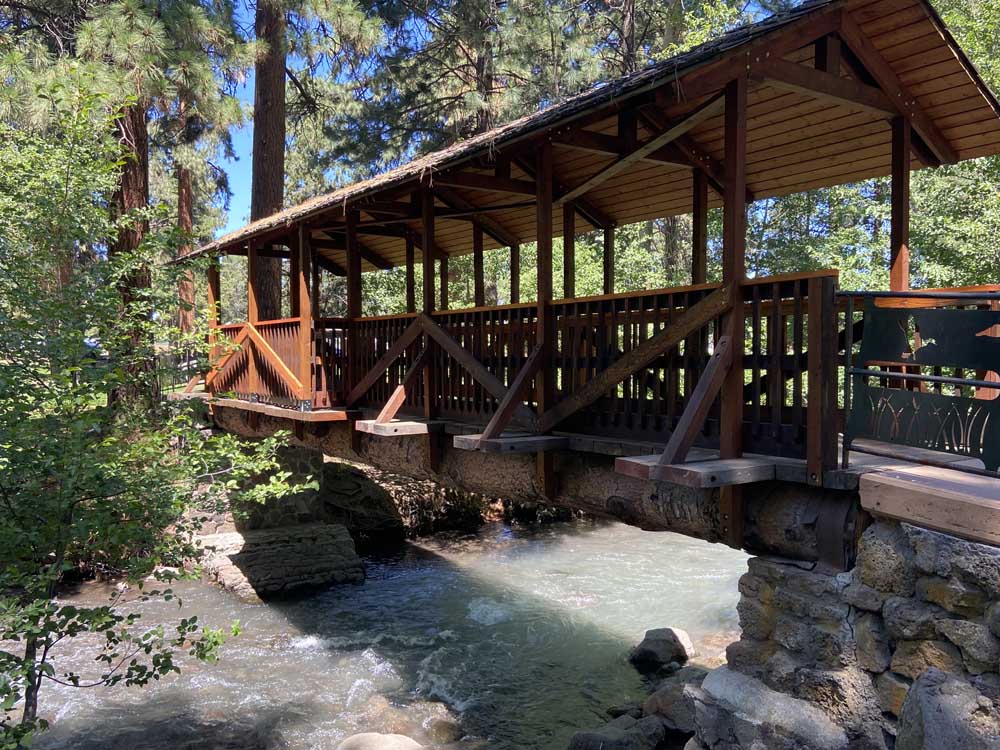Editorial: The success story of Whychus Creek
Published 9:30 pm Tuesday, July 19, 2022

- Whychus Creek flows under the bridge at Creekside Campground in Sisters.
The story of Whychus Creek is a comeback tale. And the latest episode of that tale is the construction coming soon to the Creekside Campground in Sisters.
Whychus Creek starts in the Cascades, flows through Sisters and then meets the Deschutes River. It has been a place where trout, chinook and steelhead would spawn.
Since the 1900s, though, it would sometimes never reach the river. Irrigation diversions could suck it dry.
Can’t have a creek without water.
Thanks to the work of the Upper Deschutes Watershed Council, The Deschutes River Conservancy, the city of Sisters, the Three Sisters Irrigation District and others, that has changed. The last of the irrigation diversion dams was removed last year. More water is left in the creek. Irrigation diversions are still there. They are more natural. There are screens to protect fish.
The creek at the campground will be restored over the next few months. The bank has been eroded by people eager to get down to the creek. Natural vegetation will be replanted. Fencing will be installed. People will still be able to get to the creek once the work is completed. Access will be in places designed for it, made from natural stone, to decrease erosion.
The total project cost is about $300,000, according to Kris Knight of the Upper Deschutes Watershed Council. Funding includes support from the Oregon Watershed Enhancement Board, Pelton Round Butte Fund, and the Sunderland Foundation.
It builds on the work the city of Sisters has recently done — improving the bridge at the campground and correcting issues with sewer lines that cross the creek.
The principle of the creek restoration in Sisters is the same as what the Bend Park & Recreation District is doing along the Deschutes River. Restore a more natural relationship between the land and the river. Keep access but control access and limit eroding soil getting into the river and damaging its health.
Maybe Whychus Creek will never return to what it was before the 1900s. But it has made a remarkable comeback from when it would run dry.





